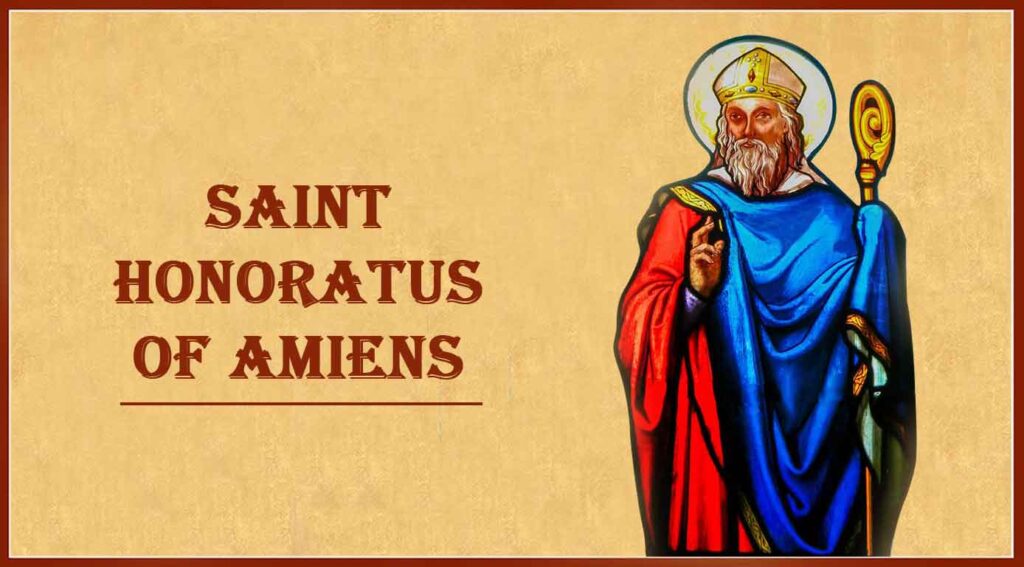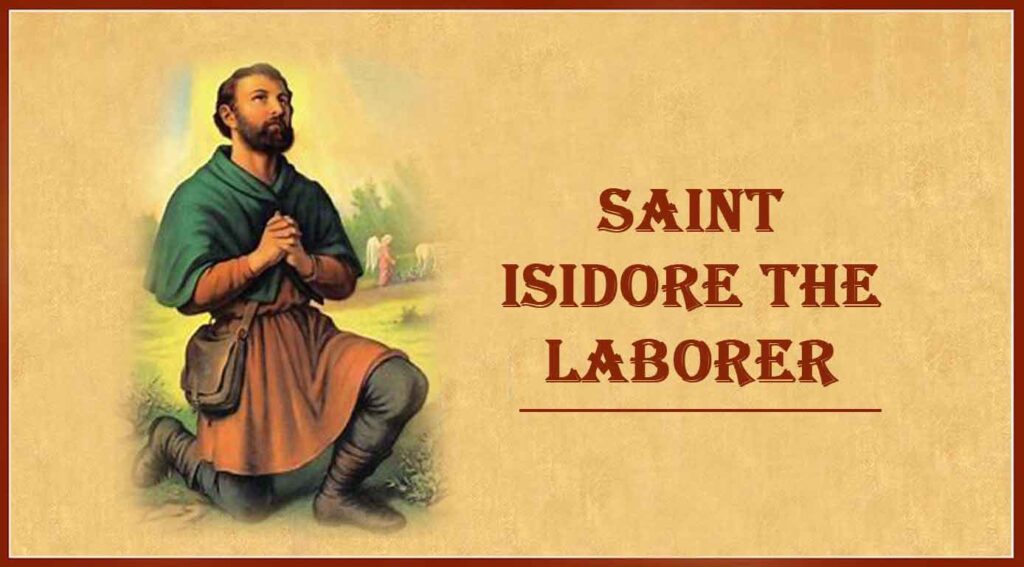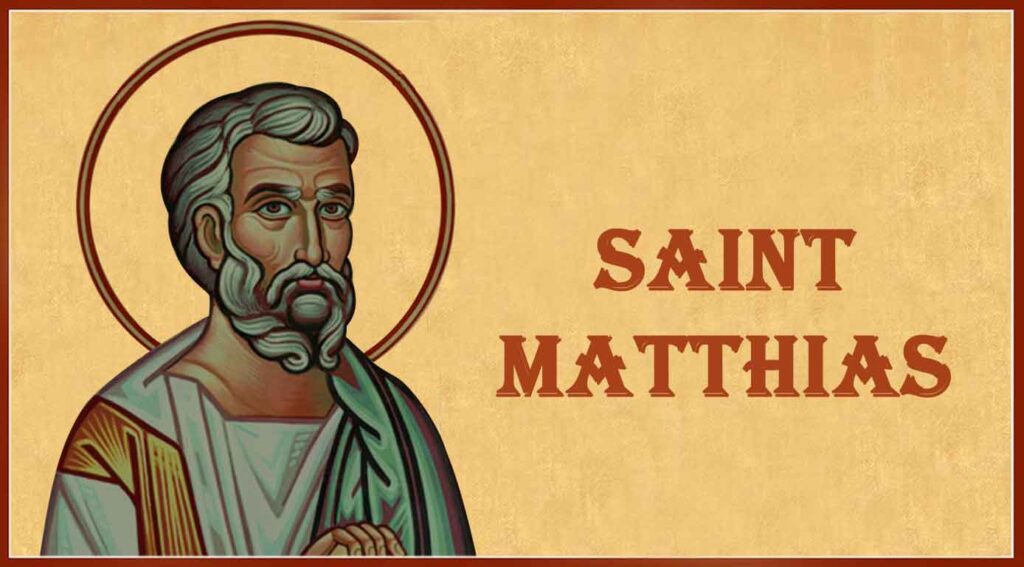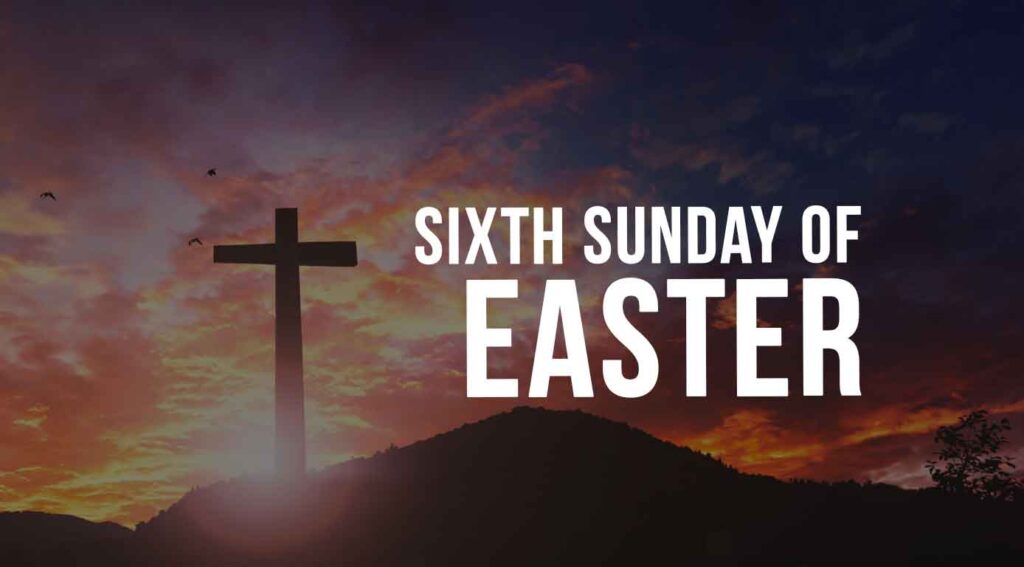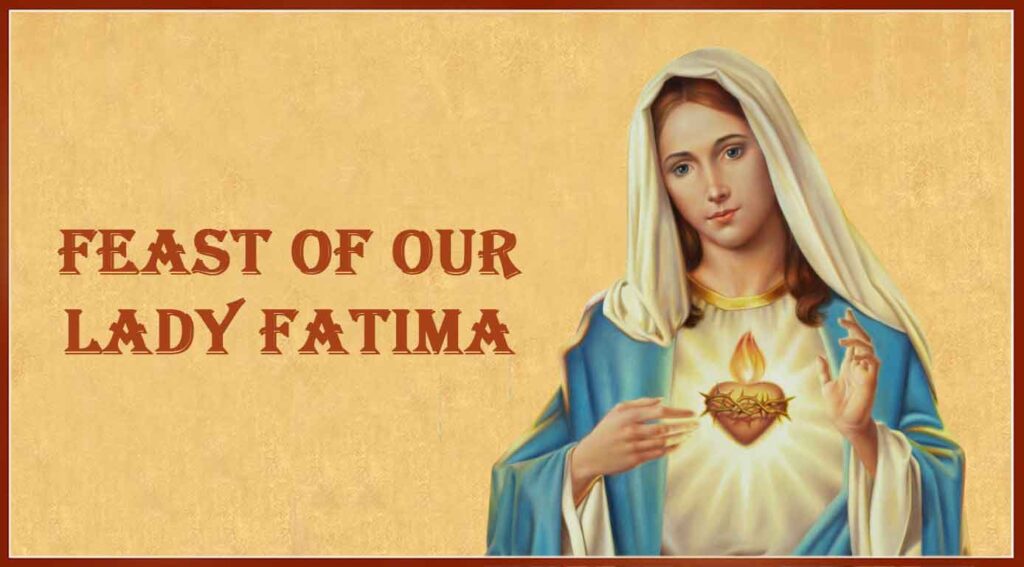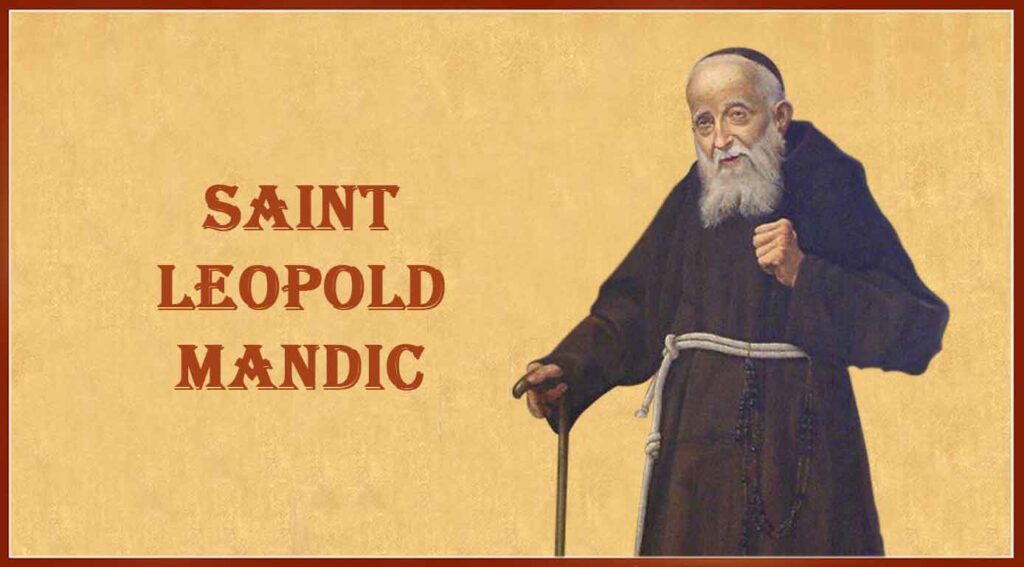Saint Honoratus of Amiens
Saint Honoratus of Amiens was the seventh bishop of Amiens. He was born in Port-le-Grand near Amiens to a noble family. Noting his pious inclinations, his family entrusted his education to his predecessor in the bishopric of Amiens, Saint Beatus.
Saint Honoratus resisted being elected bishop of Amiens, believing himself unworthy of this honour. During his bishopric, he discovered the relics of Victoricus, Fuscian, and Gentian, which had remained hidden for 300 years.
His devotion was widespread in France following reports of numerous miracles when his body was exhumed in 1060. After his death, his relics were invoked against drought and floods to ensure a good wheat harvest.
Saint Honoré is the patron of a Carthusian establishment at Abbeville, which was founded in 1306. He is the patron saint of bakers and pastry chefs.
Saint Honoratus of Amiens Read More »


